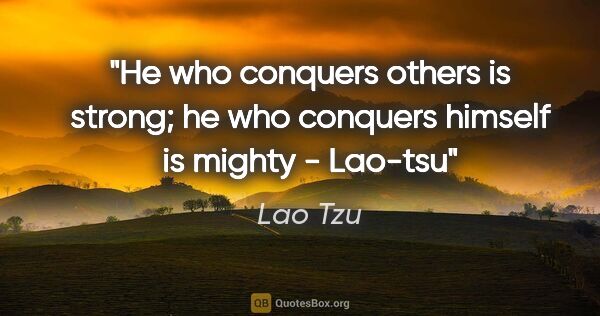Himself Quotes (page 71)

Reason is always reasonable, even in the last limbo, in the lost borderland of all things. I know that people charge the Church with lowering reason, but it is really the other way. Alone on earth, the Church makes reason really supreme. Alone on earth, the Church affirms that God Himself is bound by reason.
Gilbert K. Chesterton
A man cannot live intensely except at the cost of the self. Now the bourgeois treasures nothing more highly than the self (rudimentary as his may be). And so at the cost of intensity he achieves his own preservation and security. His harvest is a quiet mind which he prefers to being possessed by God, as he does comfort to pleasure, convenience to liberty, and a pleasant temperature to that deathly inner consuming fire. The bourgeois is consequently by nature a creature of weak impulses,...
Herman Hesse
[H]e never ceased in his heroic and earnest endeavor to love them, to be just to them, to do them no harm, for the love of his neighbor was as deeply in him as the hatred of himself, and so his whole life was an example that love of one's neighbor is not possible without love of oneself, and that self-hate is really the same thing as sheer egoism, and in the long run breeds the same cruel isolation and despair.
Herman Hesse
a bad map is worse than no map at all for it engendered in the traveler a false confidence and might easily cause him to set aside these instincts which would otherwise guide him if he would but place himself in their care. He said that to follow a false map was to invite disaster. He gestured at the sketching in the dirt. As if to invite them to behold its futility. The second man on the bench nodded his agreement in this and said that the map in question was a folly and that the dogs in the...
Cormac McCarthy
Of what is lost, irretrievably lost, all I wish to recover is the daily availability of my writing, lines capable of grasping me by the hair and lifting me up when I'm at the end of my strength. (Significant, said the foreigner.) Odes to the human and the divine. Let my writing be like the verses of by Leopardi that Daniel Biga recited on a Nordic bridge to gird himself with courage.
Roberto Bolano
They rode like men invested with a purpose whose origins were antecedent to them, like blood legatees of an order both imperative and remote. For although each man among them was discrete unto himself, conjoined they made a thing that had not been before and in that communal soul were wastes hardly reckonable more than those whited regions on old maps where monsters do live and where there is nothing other of the known world save conjectural winds.
Cormac McCarthy
The notion is that human beings are born, (as my Guru has explained many times,) with equivalent potential for both contraction and expansion. The ingredients of both darkness and light are equally present in all of us, and then it's up to the individual (or the family, or the society) to decide what will be brought forth - the virtues or the malevolence. The madness of this planet is largely a result of human being's difficulty in coming into virtuous balance with himself. Lunacy (both...
Elizabeth Gilbert

does a man who makes his observations while he himself is a prisoner possess the necessary detachment? Such detachment is granted to the outsider, but he is too far removed to make any statements of real value. Only the man inside knows. His judgments may not be objective; his evaluations may be out of proportion. This is inevitable. An attempt must be made to avoid any personal bias, and that is the real difficulty...
Viktor E. Frankl
He had said, "I am a man," and that meant certain things to Juana. It meant that he was half insane and half god. It meant that Kino would drive his strength against a mountain and plunge his strength against the sea. Juana, in her woman's soul, knew that the mountain would stand while the man broke himself; that the sea would surge while the man drowned in it. And yet it was this thing that made him a man, half insane and half god, and Juana had need of a man; she could not live without...
John Steinbeck

